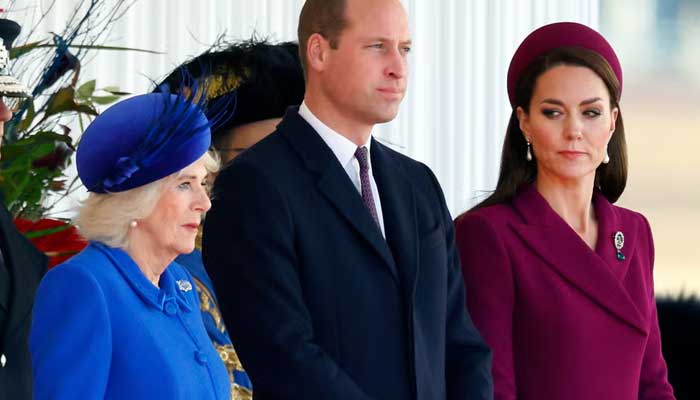Sports
A decade after the military operation
字号+ Author:Smart News Source:Business 2025-01-14 00:54:53 I want to comment(0)
THE 2014 military campaign against Tehreek-i-Taliban Pakistan (TTP) terrorists in North Waziristan was, indeed, a significant success story, but it caused considerable hardship to the region’s inhabitants. The negative impact continues to reverberate a decade later, with locals scattered across various parts of the country, enduring difficult circumstances. Notably, Shawwal, a subdivision of North Waziristan, remains inaccessible to this day, highlighting the operation’s lasting consequences on the community’s displacement and wellbeing. The conflict has resulted in widespread devastation, leaving both residential structures and commercial establishments in ruins. Shawwal tehsil was particularly known for its prized chilgoza (pine nuts), a highly valuable commodity fetching premium prices in the market. This rare delicacy had been a crucial source of substantial income for the local community, generating millions of rupees in revenue. However, for the last decade, residents have been cut off from this vital economic resource, having a significant impact on their traditional livelihood and financial stability. The displaced residents of Shawwal continue to face official neglect, with no governmental assistance or relief packages reaching them. The situation is particularly bleak for the younger generation because no concrete educational framework has been worked out to support these displaced children. A significantly large number of young children remain displaced, having to live far away from their ancestral homes without due access to basic educational facilities. Despite frequent meetings of the tribal councils, commonly known as jirgas, with relevant government officials and security forces, no meaningful resolution has emerged so far. The authorities keep announcing deadlines for the return of the local residents, but then announce delays with new excuses every time the date comes closer, creating a cycle of unfulfilled promises and continued displacement. The authorities must prioritise swift repatriation of the displaced families and establish lasting peace in the region. If an immediate return is not feasible, they should at least provide comprehensive relief packages, and ensure quality educational opportunities for the affected children.
1.This site adheres to industry standards, and any reposted articles will clearly indicate the author and source;
 Related Articles
Related Articles-
Israeli cabinet sanctions country’s oldest newspaper Haaretz
2025-01-14 00:32
-
Pakistan Learning Festival ends
2025-01-14 00:24
-
From The Past Pages Of Dawn: 1949: Seventy-five years ago: Ibrahim warns UN
2025-01-14 00:16
-
G20 leaders talk climate, brace for Trump’s return
2025-01-13 23:13
 User Reviews
User Reviews Recommended Reads
Recommended Reads Hot Information
Hot Information- Wealthy countries’ $300bn offer seeks to end COP29 stalemate
- Art exhibition at Shakir Ali Museum
- Imran tells party leaders to dissociate from PTI if unable to attend ‘critical’ Nov 24 protest
- When medicine fails
- Capital police establish K-9 unit with 20 dogs, 25 handlers
- Pakistan sends 17 tonnes of aid to Gaza, Lebanon and Syria
- World Fisheries Day celebrated with pledges to defend fishermen’s rights
- Israel warns Iraq over attacks from Iran-backed militias
- Top court questions accountability of army officer if involved in suspending Constitution
 Abont US
Abont US
Follow our WhatasApp account to stay updated with the latest exciting content













